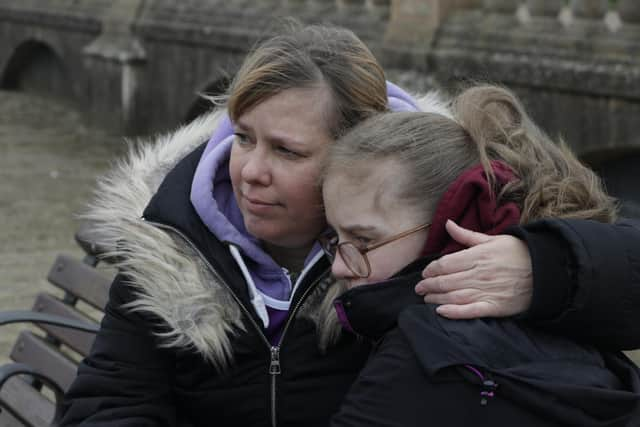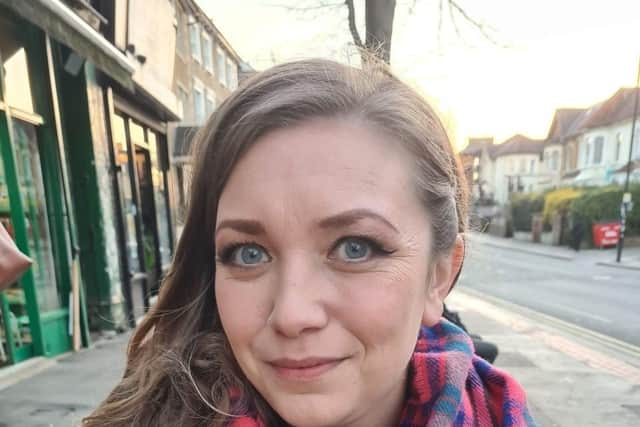Eating disorders: Charity launches programme to help carers of young people with an eating disorder
and live on Freeview channel 276
Compass is for carers of those aged 12 to 17 who have been recently diagnosed with an eating disorder.
Maaike Palmier-Claus, deputy director of services at Beat, said: “Compass is for carers to gain that valuable insight into what their loved one is going through, and understand the role they play in the recovery journey.
Advertisement
Hide AdAdvertisement
Hide Ad“It's also a safe space to share any worries and develop coping strategies for themselves. All too often we hear that carers don't feel able to take the time to look after their own mental health and wellbeing, so it's all about creating those good habits at the beginning.”


The sessions are run on Zoom, and carers will receive a 50 minute video call every week for ten weeks, run by one of Beat’s trained support officers.
Carers in Sussex can sign up to Compass by speaking to their loved one's eating disorder service and asking for a referral.
If you are concerned about someone you know, Beat offers this advice: Think about what you want to say and make sure you feel informed – Beat’s website has lots of helpful resources. Choose a time/place where you both feel safe and won’t be disturbed. Avoid before/after meals as this will be a stressful time. Try not to back them into a corner, e.g. try saying ‘I wondered if you’d like to talk about how you’re feeling’ as opposed to ‘You need to get help’. If they tell you there’s nothing wrong, even if they seem convincing, keep an eye on them and keep in mind that they may be ill even if they don’t realise it. Don’t wait too long before approaching them again. If you have serious concerns about their health, don’t hesitate to contact their GP as a matter of urgency.
Advertisement
Hide AdAdvertisement
Hide AdMaaike said: “Eating disorders are mental illnesses, so the first signs are often behavioural or psychological rather than physical. These can include: Saying they have eaten earlier or will eat later, or that they have eaten more than they have. Strict dieting and avoiding food they think is fattening or hiding food. Taking a very long time to eat meals. Anxiety, particularly about eating in front of other people. Physical signs can include weight loss, tiredness and stomach pains. Eating disorder behaviours might include restricting food, over-exercising, eating large amounts of food (bingeing) or purging by vomiting, using laxatives or fasting.”


She adds: “It can feel very scary and overwhelming to be diagnosed with an eating disorder or have a loved one become unwell. However, it's completely possible to recover and go on to live a full life, free of the eating disorder - we see it happen every day.”
Compass is open to you if: your young person is aged between 12 and 17, are within the first two years of becoming unwell and has not started treatment for their eating disorder at the time of programme commencement. Your young person has a diagnosis of Anorexia Nervosa, Bulimia Nervosa, Binge Eating Disorder or OSFED (Other Specified Feeding and Eating Disorder).
If you’re worried about your own or someone else’s health, you can contact Beat, 365 days a year on 0808 801 0677 or beateatingdisorders.org.uk